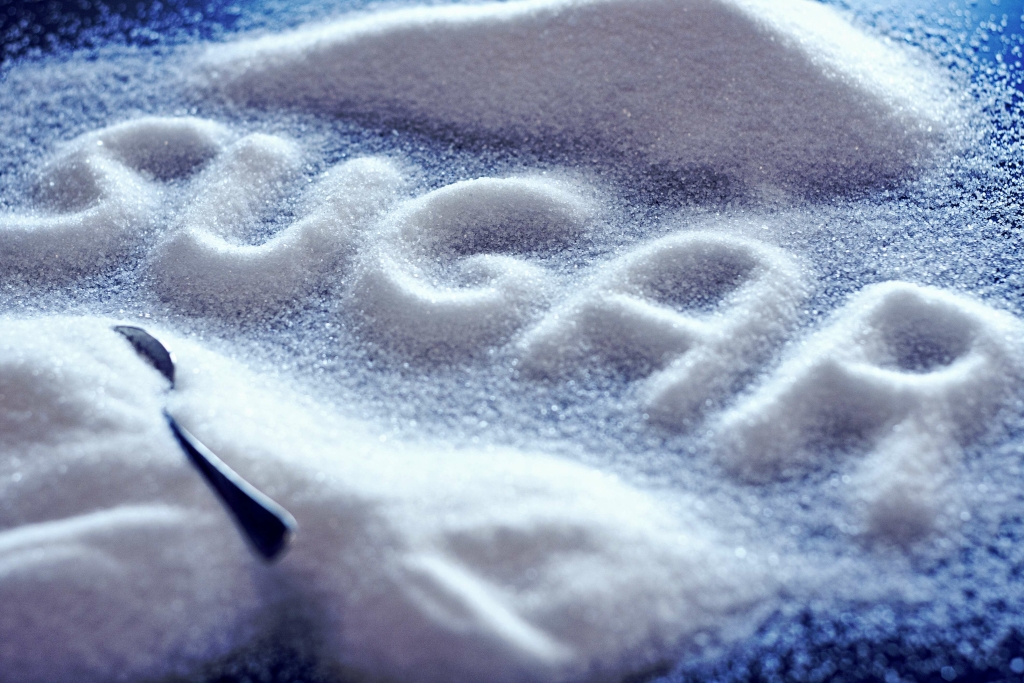Sabino Recovery’s trauma-focused addiction treatment program, offer a full https://meyrarguescvous.fr/what-makes-alcohol-addictive-understanding-alcohol/ continuum of care—designed to treat alcohol abuse and emotional dysregulation at their root. Adopting these anger management strategies, alongside a treatment plan for alcoholism, will provide a well-rounded approach to addressing alcoholic rage syndrome. We understand the challenges you or a loved one might face with alcoholic rage syndrome. Residents at Sabino Recovery have found relief through individualized treatment programs and compassionate support. Seeking help is a crucial step in managing and overcoming this condition.
Connect with Ashwood Recovery to Start Co-Occurring Disorders Treatment in Idaho Today
A slight annoyance may turn into Twelve-step program an infuriating problem, thanks to alcohol. Typically, anger will lead to aggression unless something happens to resolve the situation. If an intoxicated person becomes upset, a consoling friend might calm them down.
When to Seek Professional Support

Alcohol makes it harder for those with anger management issues to judge a situation and prevent a hostile reaction. It’s no guarantee that alcohol will lead to aggression, but certain individuals are more prone to angry outbursts while intoxicated. Those who already suffer from impulse control and focusing too hard on the present tend to get angrier more quickly when under the influence.
- Factors like underlying personality traits, neurochemical makeup, and even the presence of disorders like antisocial personality disorder (ASPD) can influence alcohol-related aggression.
- An earlier study found that alcohol use enhanced aggression primarily among individuals who showed a heightened disposition for such behavior (Eckhardt and Crane, 2008).
- When it comes to making changes to your life to remove triggers, be realistic.
- Coverage varies depending on the insurer and the type of plan, but most policies include substance abuse treatment and mental health services.
Co-treatment Approaches: Alcohol Recovery and Anger Management

Cognition-relaxation coping skills (CRCS; Deffenbacher & McKay, 2000) was chosen as the anger management protocol for four reasons. First, its coping skills approach fits conceptually into coping skills relapse prevention conceptualizations (Marlatt & Gordon, 1980; Witkiewitz & Marlatt, 2004). Third, including both cognitive and relaxation coping skills provides a range of coping skills to assist most individuals with drunk aggression anger problems, i.e., this intervention addresses anger issues for most people. The connection between alcohol and aggression isn’t just a feeling; it’s backed by some sobering statistics.
- Instead of letting your mind wander or drinking automatically, you pay close attention to the experience.
- Dr. Nelson has worked in the behavioral health field for more than 22 years.
- Individuals who grew up in households where alcohol-fueled aggression was common may have internalized these patterns, unknowingly recreating them in their adult lives.
- Building a reliable support system can play a crucial role in coping with alcoholic rage syndrome.
How Does This Trigger a Relapse?
When someone has both a mental health and substance use disorder, they are considered co-occurring disorders. The inability to control or suppress your emotions can lead to inappropriate or dangerous situations. Heightened responses due to alcohol consumption can make anger intensified. In others, anger is present before drinking and drinking brings out that anger. Alcohol can be a significant trigger for anger and aggressive behavior in many individuals. It’s important to recognize that if you or someone you know struggles with managing anger while drinking, seeking professional help can make a substantial difference.

When you feel a surge of anger, your impaired impulse control means you’re more likely to act on it immediately and intensely, without pausing to consider the fallout. This is why small disagreements can escalate so quickly when alcohol is involved—the brain’s natural braking system is offline. Another study explored the relationship between Posttraumatic Stress Disorder (PTSD), alcohol use, and violence (Blakey et al., 2018).



